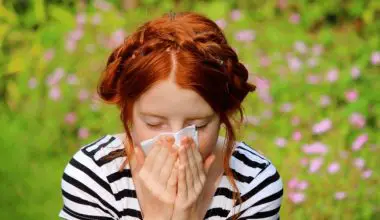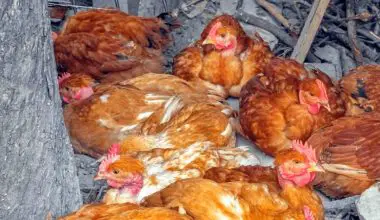Posted on Nov 28, 2023 at 12:03 pm by Oliver C
The recent alert from the Regional Health Agency (ARS) regarding contaminated eggs in domestic chicken coops raises questions about food safety. Discover the risks associated with consuming these eggs and the recommendations to protect your chickens and your family.
Table of Contents
Persistent organic pollutants, a threat to health
According to the study conducted by the ARS, eggs from domestic chicken coops in 410 municipalities in the Paris region have abnormally high concentrations of persistent organic pollutants such as dioxins, furans, PCBs, and PFAS. Indeed, regular consumption of these contaminated eggs exposes individuals to these harmful pollutants, which can have serious health consequences.
This situation particularly affects people living in the municipalities of the Paris basin affected by this contamination.
What are the risks associated with these substances?
Persistent organic pollutants have been classified as potential carcinogens for humans by the International Agency for Research on Cancer (IARC). They can also cause hormonal and immune problems, as well as neurological developmental disorders in children.

How to properly protect your chickens and your food
In response to this alert, the ARS calls for a set of good practices to secure your chickens’ food and thus avoid egg contamination. Here are some key tips:
- Always place your chickens’ food in a feeder and never on the ground or in a run.
- Avoid scattering ashes or garden waste in the chicken enclosure.
- Choose a feed that is truly suitable for your chickens’ needs and preferably from organic production.
Can you still consume eggs from your chicken coop?
The ARS specifies that it is still possible to consume these eggs occasionally, except for at-risk populations (pregnant women, children, elderly people). It is therefore important to be vigilant about the origin of your eggs and to follow the recommendations issued by the health authorities.
Promoting organic and responsible agriculture
In a context where food safety is increasingly concerning, it is essential to prioritize products from organic and responsible agriculture. Indeed, it guarantees better nutritional quality of food and a lower environmental impact.
Supporting local and organic producers also contributes to the preservation of our health and our environment.
Some tips for a healthy and sustainable diet
Here are some practical tips for adopting a healthier and more environmentally friendly diet:
- Choose local and seasonal products.
- Buy in bulk to reduce packaging.
- Plan meals to avoid food waste.
- Adopt simple practices like composting or collecting rainwater to water your garden.
In conclusion, the recent alert about contaminated eggs reminds us that our food safety depends on the well-being of our animals and our environment. As responsible consumers, it is our duty to ensure the health of our chickens and to adopt sustainable practices to guarantee the quality of our food. At the same time, it is essential to help your chickens get through the winter in the best possible conditions by providing them with appropriate shelter and adequate nutrition to keep them healthy during the cold months.









